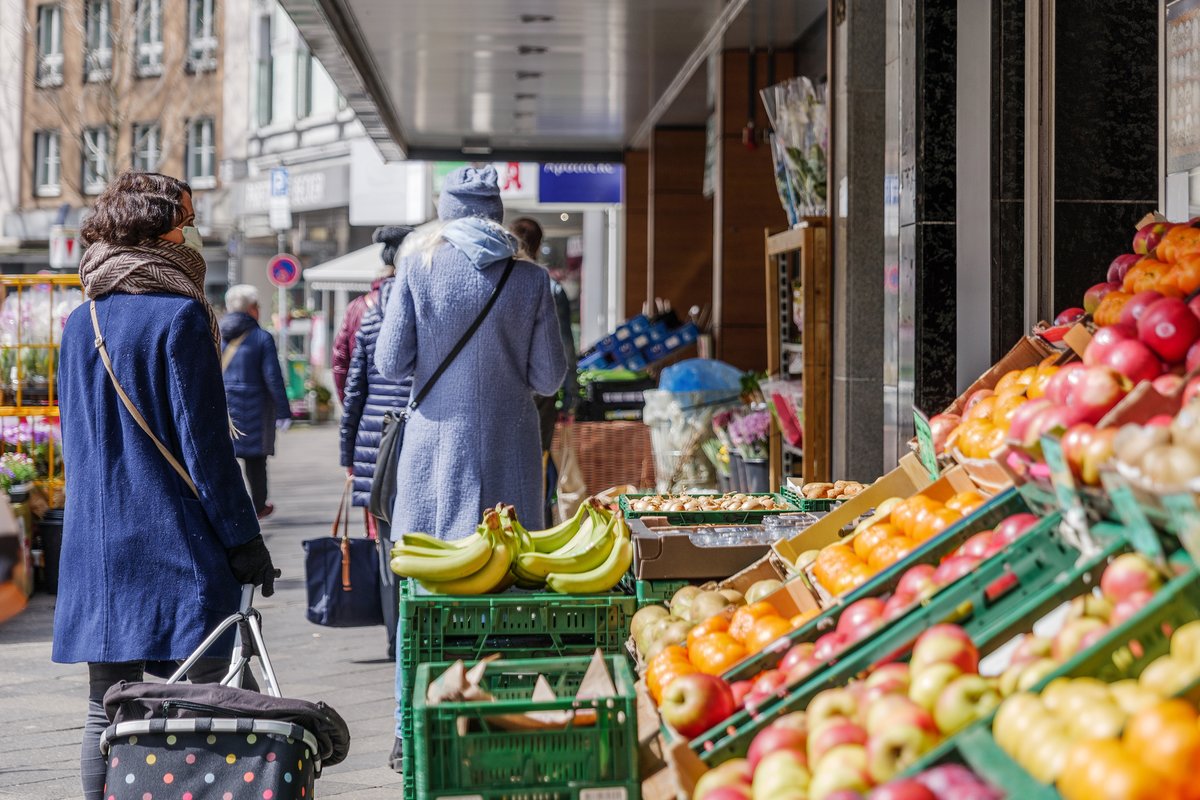The impact of Russia’s war in Ukraine on EU food markets has been immediate, with many companies already struggling with shortages of food ingredients and packaging materials. EU countries are in very different positions regarding their dependency on Russian and Ukrainian imports.
FoodDrinkEurope, which represents the European food industry, cautions that stocks of some critical raw
materials are already running low and prices are rising steeply. Using alternative ingredients requires altering labels, but this could mean months of testing recipes and waiting for new packaging with accurate labels.
The World Food Programme warns that the war could prompt an extremely serious global food crisis. Ukraine and Russia account for more than half of the cereal imports of North Africa and the Middle East. Exports from other countries are likely to be limited, as governments will try to ensure domestic supply.
On 23 March 2022, the Commission adopted a communication on safeguarding EU food security and reinforcing the resilience of food systems. To keep food affordable, the Commission will allow EU countries to use reduced value added tax (VAT) rates on food and temporarily allow farmers to use areas that were to be left fallow for biodiversity for food and feed production. In addition, the Commission adopted a temporary crisis framework to enable EU Member States to support affected companies, and has set up an expert group within the European food security crisis preparedness and response mechanism (EFSCM), as part of its food crisis contingency plan.
Read the full research paper here.




